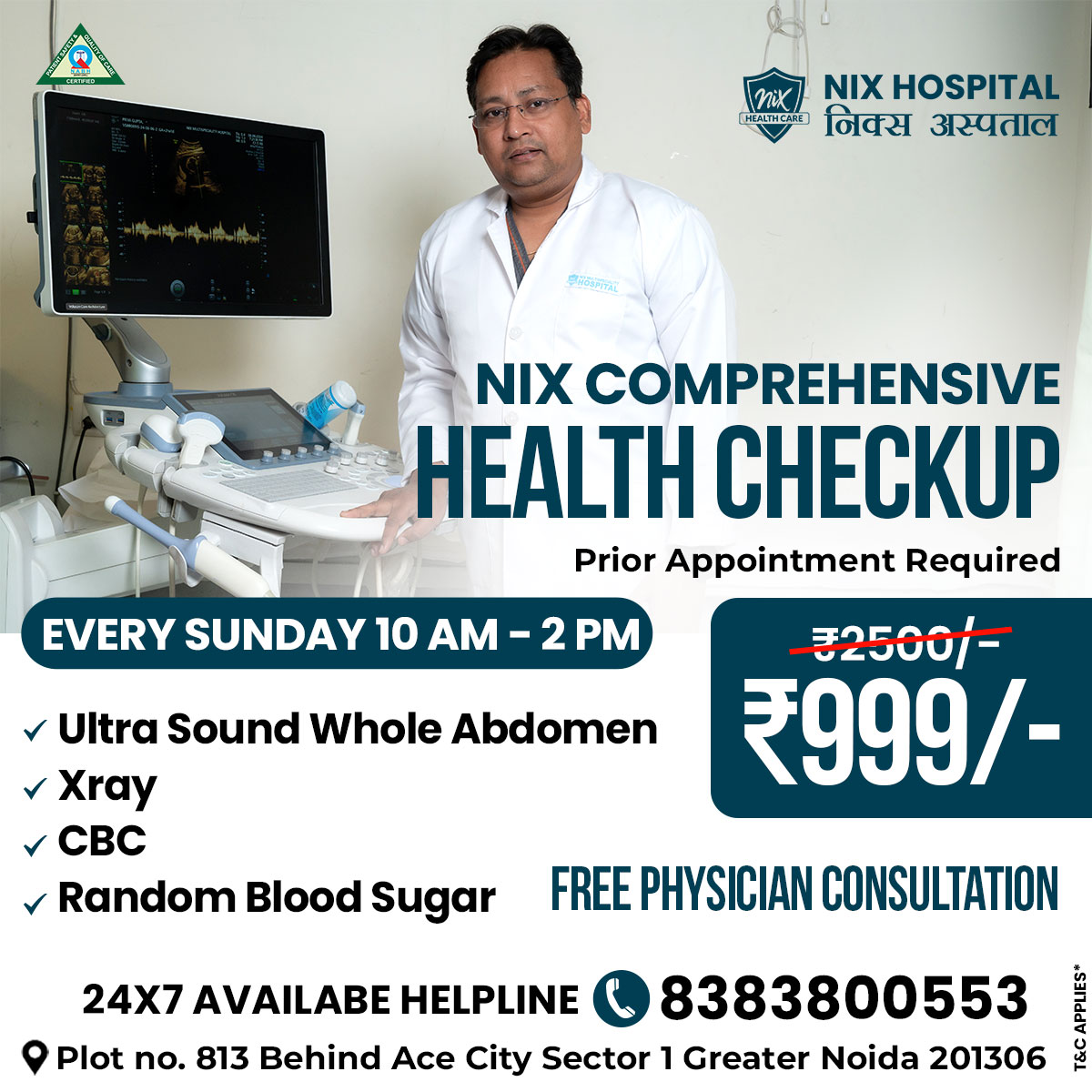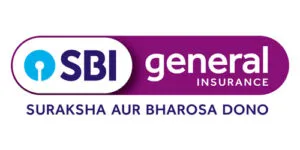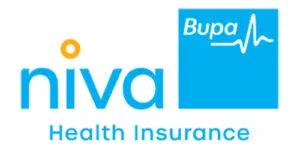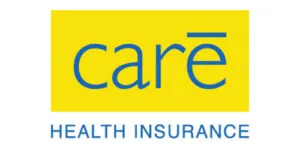
- Plot No. 813, Behind Ace City Sector 1, Greater Noida-201306
- 24x7 Available For Your Care
- +91 83838 00553
frozen shoulder treatment
Frozen Shoulder Aetiology Treatment and Exercises for Rapid Recovery

Frozen shoulder, also known as adhesive capsulitis, is a painful and restricting condition that affects the shoulder joint, tightening and freezing it so that it will not be able to move. It builds up over months or years before loosening if left alone. Everyone just writes it as "just shoulder pain," but in reality frozen shoulder really does need doctoring and proper treatment to recover.
At Nix Health, with Dr. Ranvijay Pathak's expertise, frozen shoulder patients receive world-class treatment of shoulder pathology. With advanced therapy, customized exercises, and empathetic treatment, Nix Health enables recovery of motion and pain-free life.
Let us see the causes of frozen shoulder, best modes of frozen shoulder treatment, and best frozen shoulder exercises to restore shoulder function in the following article.
Understanding Frozen Shoulder
The joint of the shoulder is a ball-and-socket configuration that allows for free movement in almost any direction. This is because the joint is within an elastic capsule. With frozen shoulder, the capsule thickens and becomes narrowed, thereby leading to stiffness, pain, and reduced motion.
Frozen shoulder usually advances through three phases:
-
Freezing Stage: Pain is delayed to manifest, particularly on movement. Shoulder movement becomes increasingly restricted. This stage is 6 weeks to 9 months.
-
Frozen Stage: Less pain, greater stiffness. Activities of daily living such as combing hair, reaching overhead, or dressing are extremely difficult to do. This phase can be for 4–6 months.
-
Thawing Phase: Return of shoulder movement. Total recovery is within 6 months to 2 years.
Identifying the stages notifies patients of what they can anticipate throughout recovery and treatment.
Frozen Shoulder Causes
Even though frozen shoulder impacts any person, some populations are more susceptible to its development. The most prevalent causes of frozen shoulder are:
-
Trauma or Surgery: After a shoulder fracture, surgery, or over-immobilization, the joint capsule tightens.
-
Diabetes: Research identifies diabetic patients to be 2–4 times more likely to develop frozen shoulder.
-
Age and Sex: The condition is seen in patients of 40–60 years of age, and more commonly in females.
-
Hormonal Factors: Endocrine changes that accompany menopause predispose women.
-
Intrinsic Medical Conditions: Thyroid disease, cardiovascular disease, Parkinson's disease, and tuberculosis predispose.
-
Chronic Inactivity: Rest in bed or limited motion because of illness for a prolonged period may lead to shoulder stiffness.
Identification of the frozen shoulder components results in prevention and early treatment to be carried out. For instance, after surgery, physicians may prescribe arm exercise to maintain the movement of the arm so that stiffness can be avoided.
Frozen Shoulder Symptoms
Early detection results in effective and simpler treatment. Some of the common signs are:
-
Repetitive painful or sore shoulder joint pain.
-
Stiffness that prevents lifting the arm or rotating the arm.
-
Night pain worsening, disrupting sleep.
-
Limited motion, like driving, reaching overhead, or lifting.
When the symptoms last for weeks or months, it is time to consult with an expert like Dr. Ranvijay Pathak of Nix Health. Early intervention results in a quicker recovery.
Frozen Shoulder Treatment
Frozen shoulder treatment at Nix Health is tailored to the patient and phase of development. Relief of pain, restoration of mobility, and avoidance of chronic stiffness are the objectives.
-
Medications and Injections
-
Anti-inflammatory drugs decrease swelling and pain.
-
Intramuscular corticosteroid injected directly into the joint within minutes relieves and restores mobility.
-
Physical Therapy
Physical therapy is the foundation of treatment of frozen shoulder. Progressive reinforcement and supervised strengthening and stretching exercises create slow gradual range of motion.
-
Non-Surgical Treatments
-
Hydrodilatation: Inflation of the joint by injection of sterile water to elongate the capsule.
-
Manipulation Under Anesthesia (MUA): Manipulation of the joint under anesthesia to break down adhesions and permit movement.
-
Surgery
-
If conservative treatment is unsuccessful, arthroscopic release of the contracted joint capsule can be undertaken.
-
Dr. Ranvijay Pathak of Nix Health uses an interdisciplinary team of medicine, physical therapy, and progressive care to give the patient the best outcome.
Frozen Shoulder Exercises
Exercise is part of maintaining increased flexibility, reducing pain, and rehabilitating shoulder motion. With correct instructions, the following frozen shoulder exercises may be done at home:
-
Pendulum Stretch
-
Sit slouch forward and let the painful arm dangle down.
-
Small circular movements with arm in both directions, clock and counterclock.
-
10 revolutions in both directions, daily.
-
Towel Stretch
-
Wrap towel around upper back and hold with both hands.
-
Allow good arm to pull up sore arm.
-
Perform 10–20 repetitions daily.
-
Finger Walk
-
Stand with back to a wall and turn body to face the wall and press fingertips against the wall at waist height.
-
Walk fingers up the wall as high as is comfortable.
-
Repeat several times a day.
-
Cross-Body Reach
-
Cross over your chest with the sore arm to hold it with your good arm.
-
Hold 15–20 seconds.
-
Do 10–15 times a day.
-
Rotation Outward
-
With towel or band of resistance.
-
Bend arms to 90 degrees and gradually pull out.
-
This tightens the rotator cuff muscles.
Frozen shoulder exercises should be done with professional assistance initially to prevent overworking. With physical therapists and patients in chairs together at Nix Health, exercise programs are created that are secure and safe.
Why to Choose Nix Health for Frozen Shoulder Treatment?
Proper health care provider during the recovery from something like frozen shoulder can actually make all the difference.
The following are some of the reasons why the patients have trust in Nix Health and Dr. Ranvijay Pathak:
-
Orthopedic Experience: Highest qualified to diagnose and treat shoulder problems.
-
Latest Technology: State-of-the-art diagnostic machines and treatment methods.
-
Total Care: Medication, physio, and surgery, all in one go.
-
Individualized Plans: Plans tailored to individual patients.
-
Rehabilitation Focus: He has Specialization in physio for follow-up long after.
Tips to Prevent Frozen Shoulder
Whereas frozen shoulder cannot be avoided in every instance, these are behaviors that minimize the risk:
-
Prevent tight shoulders by practicing regular light stretching.
-
Do not stay still for too long after surgery or injury.
-
Manage underling conditions such as diabetes and thyroid disease.
-
Practice good posture to prevent straining of the shoulders.
Conclusion:
Frozen shoulder is a painful condition that prevents one's normal activity. It may be regained, however, through proper treatment. Awareness of frozen shoulder causes, early frozen shoulder treatment, and proper frozen shoulder exercises may regain function and enhance quality of life.
Dr. Ranvijay Pathak of Nix Hospital offers specialized care with patient concern, providing complete relief and complete rehab.
Don't give frozen shoulder the victory. Get an appointment today at Nix Hospital and start to enjoy a pain-free life.
FAQs
Q1. How long does frozen shoulder last?
Frozen shoulder would normally take 1–3 years to persist, although variable in severity and treatment. It could be extremely quick to recover from with early treatment.
Q2. What is the optimal treatment for frozen shoulder?
A regime of medication treatments, corticosteroid injections, and physiotherapy is optimal in most cases. Severe ones can be cured by being treated with minimally invasive surgery.
Q3. Does frozen shoulder recover spontaneously?
Yes, at times it gets cured in due course of time, but slowly. Frozen shoulder exercise and frozen shoulder treatment can actually speed up the process.
Q4. Is frozen shoulder associated with diabetes?
Yes, one of the most prevalent causes of frozen shoulder is also diabetes. Risk of its occurrence decreases with proper control of blood sugar levels.
Q5. When should I consult a doctor for frozen shoulder?
If you are having recurring pain, stiffness, or are unable to move your arm for several weeks, consult a specialist such as Dr. Ranvijay Pathak at Nix Health.


25,000 Happy Patients

Modern & Cost-Effective Medical Facilities

19 Medical Specialties
























